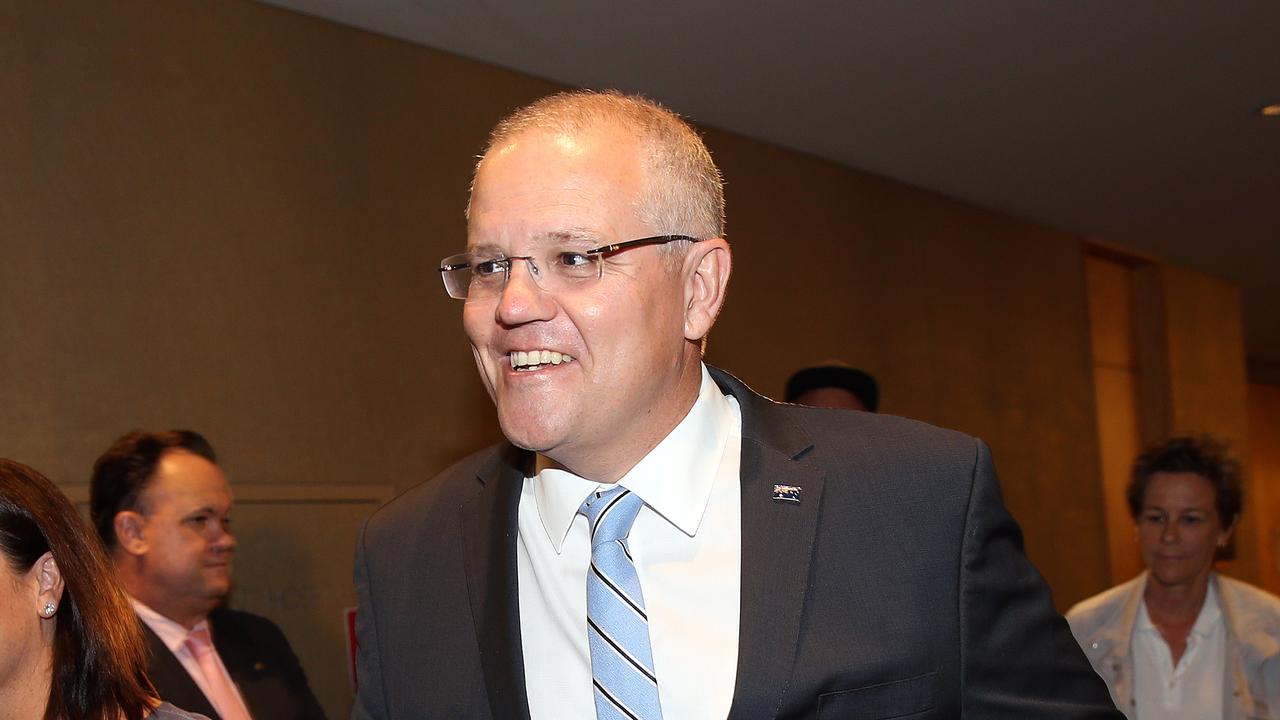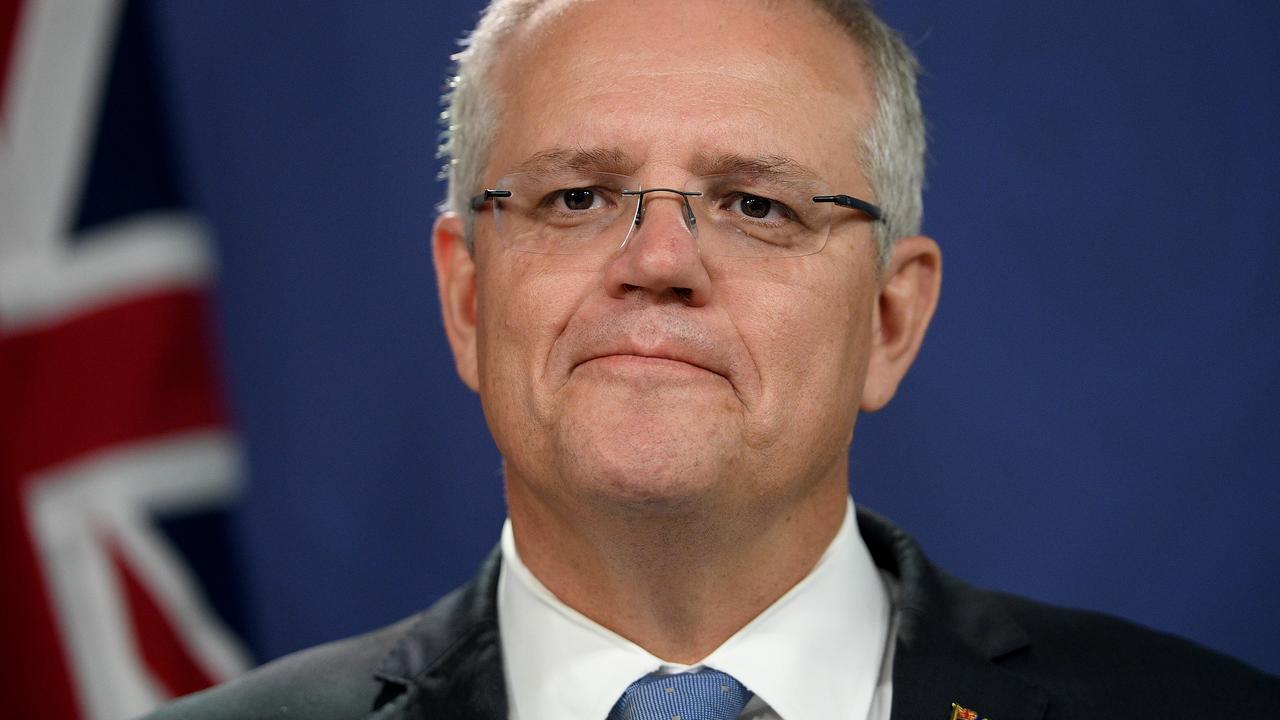China is at it again. The Middle Kingdom is trying every avenue of interference it can to defend its avenues of interference.
Chinese diplomats, bureaucrats and officials are all applying pressure on Australia’s politicians, diplomats, businesses, banks, universities, think tanks and associations.
So much of the action is opaque: a stalling action, a deferral, a postponement, an excuse for delay, feigned offence and appeals to self-interest wrapped in diplomatic language. But there is a sense the relationship is toxic at a working level. The long-term mutual interests ensure some stability and ballast but there is a daily contest at every level.
Some of the points Chinese officials are making are contradictory: simultaneously seeking to claim Australia is anti-China and pro-US while pointing to divisions and conflicts between Malcolm Turnbull, Donald Trump and Julie Bishop.
In truth, there has been no change in Australia’s position on freedom of navigation in the South China Sea. Turnbull has been consistent privately and publicly. But the prospect of actually taking part in a freedom-of-navigation exercise after the Prime Minister’s Washington visit is energising the diplomatic probes against Australia.
Every excuse will be used, whether it’s territorial claims or umbrage at Australia’s foreign interference laws and every opportunity will be taken to put Australia in the deep freeze.




To join the conversation, please log in. Don't have an account? Register
Join the conversation, you are commenting as Logout